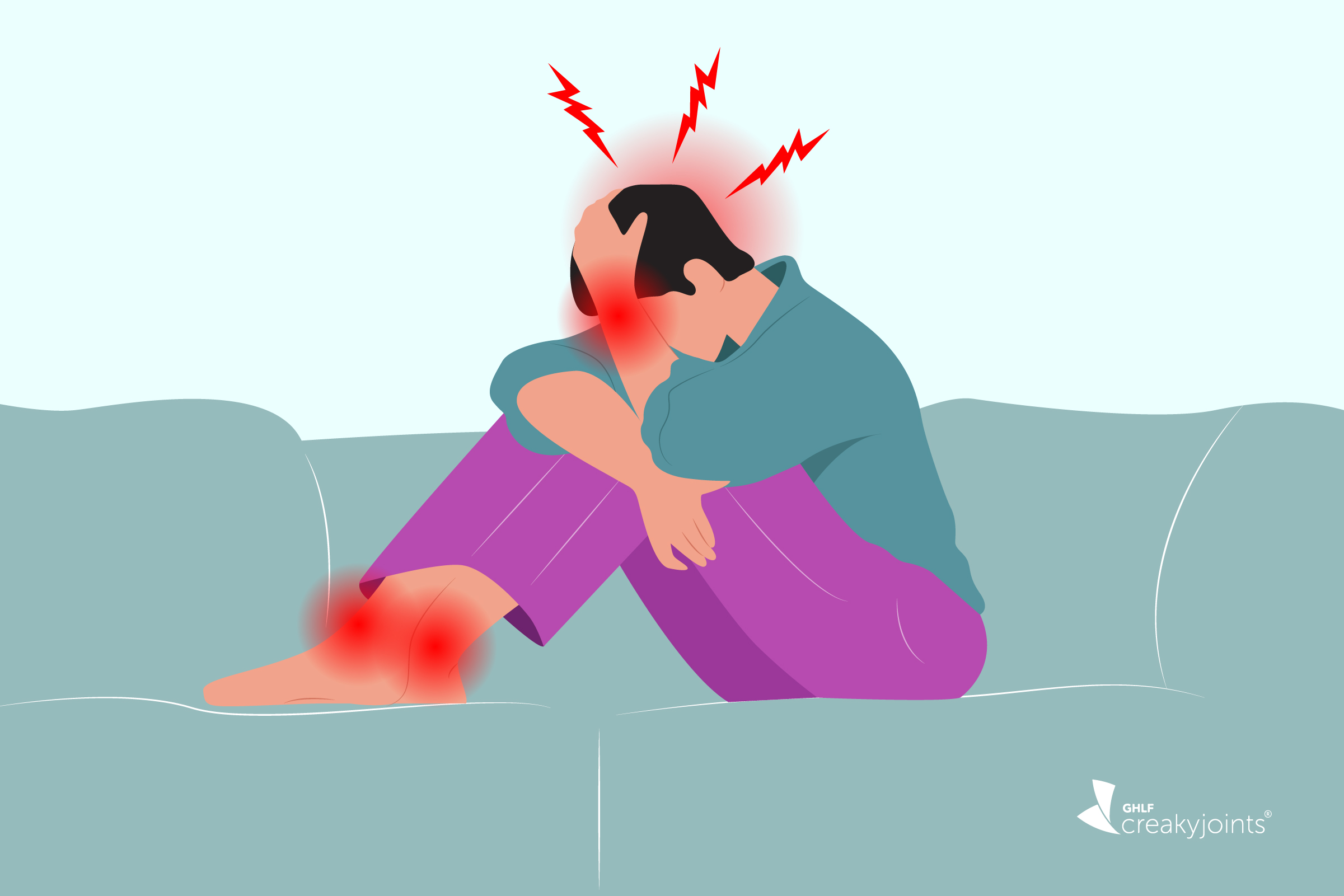We asked students with chronic illness what helped them in their journey.
FDA Approves Zepbound for Obesity
FDA Approves Zepbound for Obesity Treatment
November 10, 2023
Susan Jara

The FDA has given the green light to Zepbound, a weekly self-injection designed to help adults with obesity effectively manage their weight. This development brings new hope to those confronting health challenges related to obesity.
Zepbound is approved for adults with a body mass index (BMI) of 30 or higher or for individuals with a BMI of 27 who also have a weight-related condition like high blood pressure or heart disease.
Belonging to the growing class of GLP-1 receptor agonists, Zepbound utilizes tirzepatide as its active ingredient. Tirzepatide can slow down digestion, providing a longer-lasting feeling of fullness, while also targeting GIP receptors to enhance metabolism, thereby aiding in weight and blood sugar management more effectively than GLP-1 agonists alone.
Tirzepatide is already recognized as a type 2 diabetes medication called Mounjaro. Now, it has received FDA approval for weight management as well. “New treatment options bring hope to the many people with obesity who struggle with this disease and are seeking better options for weight management,” said Joe Nadglowski, President and Chief Executive Officer of the Obesity Action Coalition, in a statement.
The FDA’s decision is based on results from two major studies, SURMOUNT-1 and SURMOUNT-2, involving over 2,500 adults dealing with obesity or excessive weight and weight-related health problems (excluding diabetes). They took Zepbound while making changes to their diet and exercise routines.
Here’s what they discovered:
- Adults on the highest approved dose (15 mg) of Zepbound lost 18% of their body weight on average compared to those who received a placebo
- Adults on the lowest dose (5 mg) lost an average of 34 pounds in the same time frame.
- In contrast, those on a placebo only lost an average of 7 pounds.
Remarkably, one in three individuals on the highest Zepbound dose lost close to 60 pounds, which is equivalent to about 25 percent of their body weight. At the beginning of the study, they weighed around 231 pounds. Keep in mind that these results haven’t been adjusted for potential errors in the data.
Although Zepbound isn’t officially approved for these health issues, participants in the study who combined Zepbound with dietary and exercise changes saw improvements in cholesterol levels, lower blood pressure, and reduced waist sizes.
“For decades, diet and exercise have been a go-to, but it’s not uncommon for a person to have tried 20-30 times to lose weight with this approach,” Leonard Glass, Senior Vice President of Global Medical Affairs at Lilly Diabetes and Obesity, said in a statement. “Research now shows that the body may respond to a calorie-deficit diet by increasing hunger and reducing feelings of fullness, making weight loss more difficult. Lilly is aiming to eliminate misperceptions about this disease and transform how it can be managed.”
Zepbound is expected to be available in the U.S. by the end of the year, in six doses ranging from 2.5 mg to 15 mg, priced at $1,059.87. The actual cost may be lower with insurance and discounts. A savings card program is available at www.Zepbound.lilly.com.
At least five percent of people taking Zepbound experienced nausea, diarrhea, vomiting, constipation, abdominal pain, fatigue, and hair loss. Some individuals may experience these symptoms when their dosage increases, but they often diminish over time.
Zepbound comes with a “boxed warning,” which is the FDA’s strictest caution, due to the rare but serious risk of thyroid tumors associated with it, according to the company. It’s important to note that this drug should not be used by individuals who have had certain thyroid cancers themselves or have a family history of such cancers.
The FDA recommends adopting a healthy lifestyle, including a balanced, lower-calorie diet and regular exercise, for those taking Zepbound.
What This Means for You
Managing your weight can be a challenge, particularly when dealing with a chronic illness. It is crucial to engage in open discussions with a trusted health care provider to determine if medications like GLP-1-based ones are suitable for your specific situation. They can provide valuable guidance on managing potential side effects and risks while considering your medical history and lifestyle requirements.
Sources:
FDA Approves New Medication for Chronic Weight Management. U.S. Food and Drug Administration. November 8, 2023. https://www.fda.gov/news-events/press-announcements/fda-approves-new-medication-chronic-weight-management.
Wadden T et al. Tirzepatide After Intensive Lifestyle Intervention in Adults With Overweight or Obesity: the SURMOUNT-3 Phase 3 Trial. Nature Medicine. October 15, 2023. https://www.nature.com/articles/s41591-023-02597-w.
Jasteboff A et al. Tirzepatide Once Weekly for the Treatment of Obesity. The New England Journal of Medicine. July 21, 2022. https://www.nejm.org/doi/full/10.1056/NEJMoa2206038.
FDA Approves Lilly’s Zepbound for Chronic Weight Management, a Powerful New Option for the Treatment of Obesity or Overweight with Weight-Related Medical Problems. Eli Lilly. November 8, 2023. https://investor.lilly.com/news-releases/news-release-details/fda-approves-lillys-zepboundtm-tirzepatide-chronic-weight.
SUBSCRIBE TO GHLF
RELATED POST AND PAGES
_
Was this article helpful?
YesNo







